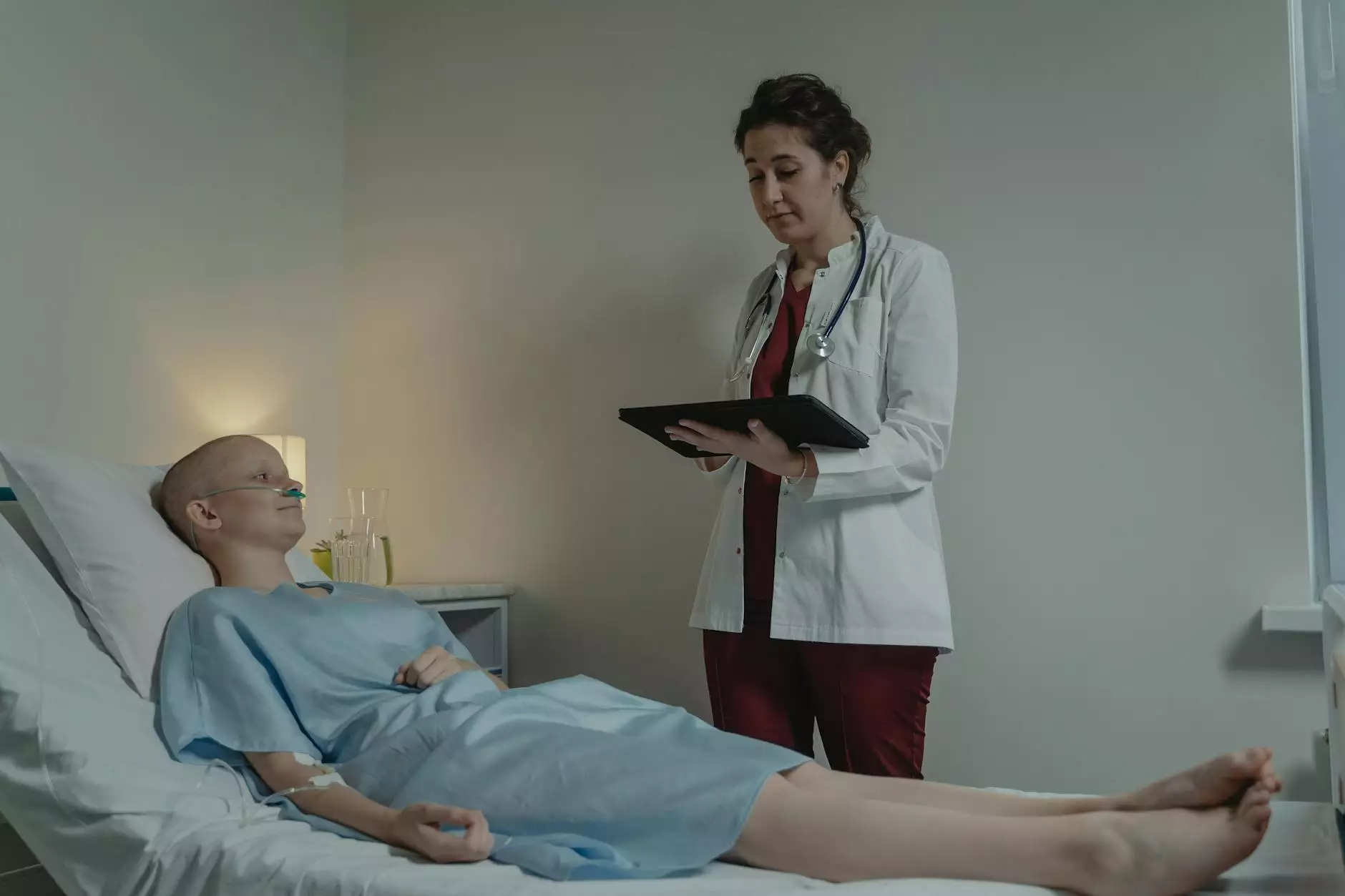Lung Cancer Treatment in Singapore: A Comprehensive Guide

Lung cancer is one of the most common types of cancer and is the leading cause of cancer-related deaths worldwide. In Singapore, the prevalence of this disease has led to increased efforts in research and treatment options. This article will provide an in-depth look into lung cancer treatment in Singapore, exploring the available therapies, patient care, and innovative approaches to tackling this challenging illness.
Understanding Lung Cancer
Lung cancer primarily originates in the lungs and is categorized into two main types: non-small cell lung cancer (NSCLC) and small cell lung cancer (SCLC). NSCLC accounts for approximately 85% of cases, while SCLC is more aggressive and constitutes the remaining 15%.
Risk Factors
Several factors can increase the risk of developing lung cancer, including:
- Smoking: The leading cause of lung cancer. Both active and passive smoking significantly increase risk.
- Environmental Exposure: Exposure to radon, asbestos, and secondhand smoke can elevate lung cancer risk.
- Genetic Predisposition: A family history of lung cancer may increase susceptibility.
- Age: Most diagnoses occur in individuals over the age of 65.
Diagnosis of Lung Cancer
Early detection of lung cancer is crucial for successful treatment. Diagnostic processes may include:
- Imaging Tests: X-rays, CT scans, and PET scans help visualize abnormalities in the lungs.
- Biopsy: A tissue sample is taken to confirm the presence of cancer cells.
- Bronchoscopy: A tube with a camera is inserted into the airways to examine and collect tissue samples.
Primary Treatment Options for Lung Cancer in Singapore
The treatment for lung cancer in Singapore is comprehensive and tailored to the individual patient’s condition, type of cancer, and overall health. The main treatment modalities include:
Surgery
Surgery is often the first line of treatment for localized lung cancer. In Singapore, various surgical options are available, such as:
- Lobectomy: Removal of a lobe of the lung.
- Pneumonectomy: Complete removal of one lung.
- Wedge Resection: Removal of a small section of the lung.
Radiation Therapy
Radiation therapy is used to target and destroy cancer cells using high-energy waves. It can be employed alone or in combination with other treatments. Techniques available in Singapore include:
- External Beam Radiation Therapy (EBRT): Targeted radiation from outside the body.
- Stereotactic Body Radiotherapy (SBRT): Delivering high doses of radiation with precision.
Chemotherapy
Chemotherapy uses drugs to kill rapidly dividing cancer cells. It is often employed for advanced lung cancer and can be combined with other treatments. Patients can expect:
- Neoadjuvant Chemotherapy: Given before surgery to shrink tumors.
- Adjuvant Chemotherapy: Administered after surgery to eliminate remaining cancer cells.
Targeted Therapy
Targeted therapy has revolutionized cancer treatment by focusing on specific genetic mutations in cancer cells. Some targeted drugs available in Singapore include:
- EGFR Inhibitors: Target cells with mutations in the EGFR gene.
- ALK Inhibitors: Effective for those with ALK gene rearrangements.
Immunotherapy
Immunotherapy boosts the body's immune response against cancer. In Singapore, patients may receive:
- Checkpoint Inhibitors: Drugs that release the 'brakes' on the immune system.
- Cancer Vaccines: Help the immune system recognize cancer cells.
Multidisciplinary Approach: The Care Team
Treatment for lung cancer often involves a multidisciplinary team comprising of:
- Medical Oncologists: Specialists in cancer treatment.
- Surgeons: Experts in conducting surgeries related to cancer.
- Radiation Oncologists: Focused on delivering radiation treatments.
- Nurses: Provide supportive care and manage treatment side effects.
- Nutritionists: Assist in maintaining healthy eating habits during treatment.
Patient Support and Rehabilitation
Following treatment, patients require support to aid their recovery. In Singapore, there are numerous resources available:
- Palliative Care: Focuses on enhancing the quality of life for patients.
- Physical Therapy: Tailored exercise programs to improve physical function.
- Support Groups: Connecting patients and families with others for shared experiences.
Advances in Lung Cancer Research in Singapore
Singapore is at the forefront of cancer research, exploring promising avenues for lung cancer treatment. Key areas of research include:
- Personalized Medicine: Tailoring treatments based on genetic profiling.
- Clinical Trials: Patients in Singapore can access innovative therapies through participation in trials.
- Biomarker Research: Identifying new markers for early detection and treatment response.
Conclusion
Lung cancer treatment in Singapore encompasses a wide range of approaches, from traditional methods like surgery and chemotherapy to innovative therapies such as immunotherapy and personalized medicine. The city's robust healthcare system, combined with cutting-edge research and a dedicated care team, ensures that patients receive the best possible care tailored to their needs. For anyone facing a lung cancer diagnosis, Singapore stands as a beacon of hope, providing advanced treatment options and comprehensive support to navigate this challenging journey.
lung cancer treatment singapore


